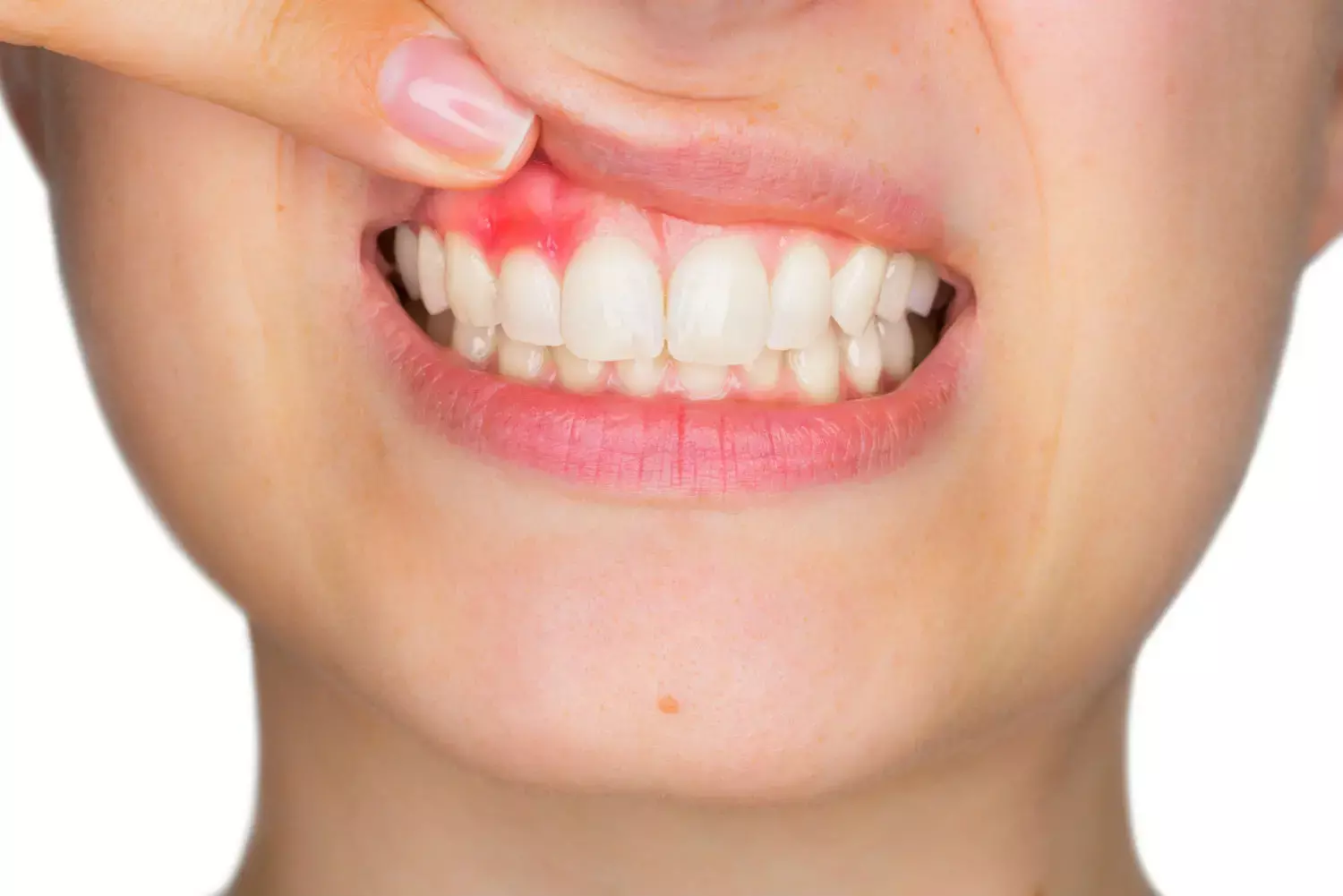- Home
- Medical news & Guidelines
- Anesthesiology
- Cardiology and CTVS
- Critical Care
- Dentistry
- Dermatology
- Diabetes and Endocrinology
- ENT
- Gastroenterology
- Medicine
- Nephrology
- Neurology
- Obstretics-Gynaecology
- Oncology
- Ophthalmology
- Orthopaedics
- Pediatrics-Neonatology
- Psychiatry
- Pulmonology
- Radiology
- Surgery
- Urology
- Laboratory Medicine
- Diet
- Nursing
- Paramedical
- Physiotherapy
- Health news
- Fact Check
- Bone Health Fact Check
- Brain Health Fact Check
- Cancer Related Fact Check
- Child Care Fact Check
- Dental and oral health fact check
- Diabetes and metabolic health fact check
- Diet and Nutrition Fact Check
- Eye and ENT Care Fact Check
- Fitness fact check
- Gut health fact check
- Heart health fact check
- Kidney health fact check
- Medical education fact check
- Men's health fact check
- Respiratory fact check
- Skin and hair care fact check
- Vaccine and Immunization fact check
- Women's health fact check
- AYUSH
- State News
- Andaman and Nicobar Islands
- Andhra Pradesh
- Arunachal Pradesh
- Assam
- Bihar
- Chandigarh
- Chattisgarh
- Dadra and Nagar Haveli
- Daman and Diu
- Delhi
- Goa
- Gujarat
- Haryana
- Himachal Pradesh
- Jammu & Kashmir
- Jharkhand
- Karnataka
- Kerala
- Ladakh
- Lakshadweep
- Madhya Pradesh
- Maharashtra
- Manipur
- Meghalaya
- Mizoram
- Nagaland
- Odisha
- Puducherry
- Punjab
- Rajasthan
- Sikkim
- Tamil Nadu
- Telangana
- Tripura
- Uttar Pradesh
- Uttrakhand
- West Bengal
- Medical Education
- Industry
Heartburn medication may decrease severity of gum disease, finds study

BUFFALO, N.Y. - The use of heartburn medication is associated with decreased severity of gum disease, according to a recent University at Buffalo study.
The research found that patients who used proton pump inhibitors (PPIs) – a class of drugs commonly prescribed to treat heartburn, acid reflux and ulcers – were more likely to have smaller probing depths in the gums (the gap between teeth and gums). When gums are healthy, they fit snuggly against the teeth. However, in the presence of harmful bacteria, the gap deepens, leading to inflammation, bone loss and periodontitis, also known as gum disease.
The findings, published last month in Clinical and Experimental Dental Research, may be linked to the side effects of PPIs, which include changes in bone metabolism and in the gut microbiome, says lead investigator Lisa M. Yerke, DDS, clinical assistant professor in the Department of Periodontics and Endodontics at the UB School of Dental Medicine.
"PPIs could potentially be used in combination with other periodontal treatments; however, additional studies are first needed to understand the underlying mechanisms behind the role PPIs play in reducing the severity of periodontitis," says Yerke.
Additional investigators include first author and UB alumnus Bhavneet Chawla, and Robert E. Cohen, DDS, PhD, professor of periodontics and endodontics in the UB School of Dental Medicine.
The study sought to determine whether a relationship exists between PPI use and gum disease. The researchers analyzed clinical data from more than 1,000 periodontitis patients either using or not using PPIs. Probing depths were used as an indicator of periodontitis severity.
Only 14% of teeth from patients who used PPIs had probing depths of 6 millimeters or more, compared to 24% of teeth from patients who did not use the medication. And 27% of teeth from patients using PPIs had probing depths of 5 millimeters or more, compared to 40% of teeth from non-PPI users, according to the study.
The researchers theorized that PPIs' ability to alter bone metabolism or the gut microbiome, as well as potentially impact periodontal microorganisms, may help lessen the severity of gum disease.
Additional studies are under development to determine if this relationship can be found in other populations of patients with gum disease, and to learn to what extent the relationship can be directly attributed to PPIs, says Yerke.
https://onlinelibrary.wiley.com/doi/10.1002/cre2.495
Hina Zahid Joined Medical Dialogue in 2017 with a passion to work as a Reporter. She coordinates with various national and international journals and association and covers all the stories related to Medical guidelines, Medical Journals, rare medical surgeries as well as all the updates in the medical field. Email: editorial@medicaldialogues.in. Contact no. 011-43720751
Dr Kamal Kant Kohli-MBBS, DTCD- a chest specialist with more than 30 years of practice and a flair for writing clinical articles, Dr Kamal Kant Kohli joined Medical Dialogues as a Chief Editor of Medical News. Besides writing articles, as an editor, he proofreads and verifies all the medical content published on Medical Dialogues including those coming from journals, studies,medical conferences,guidelines etc. Email: drkohli@medicaldialogues.in. Contact no. 011-43720751


